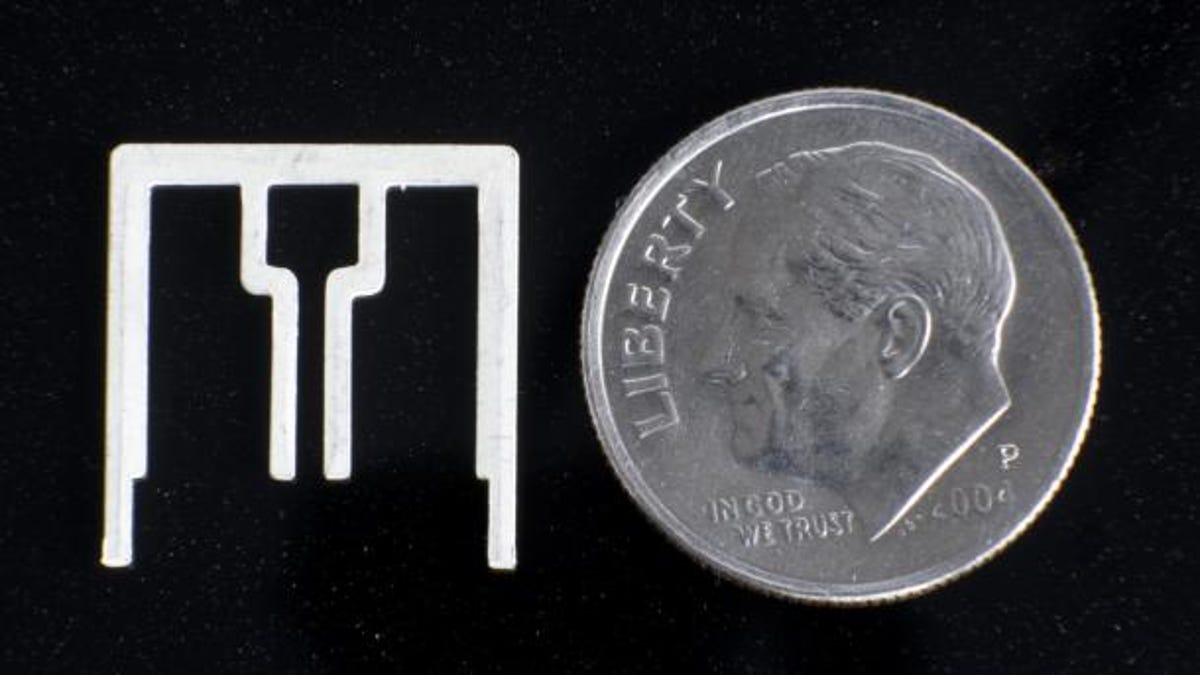Aereo goes big in Texas, planning Austin launch next
The contested service that streams over-the-air TV plans to roll out in its fourth Texas market next week, even as it operations in other states have been shut down.

Aereo, the online TV startup that streams over-the-air broadcasts via tiny, individual antennas, said Monday it will launch in Austin, Texas, on March 3.
This follows its rollout in San Antonio last week and an expansion to Dallas/Fort Worth and Houston last year. However, the announcement also comes a week after a US District Court in Utah became the first in the country to temporarily shut down the service, a rare legal win for the broadcasters that are taking Aereo to the Supreme Court later this year. That District Court's decisions cover Utah, Wyoming, Colorado, New Mexico, Oklahoma, and Kansas.
Aereo, which backed by IAC Chairman Barry Diller and launched in New York in 2012, has been beset by legal battles and technological hiccups as its endeavored to quickly expand across the country. Though it had hoped to expand to 22 total cities in the US last year, it will operate or will have been operating in 13 cities when Austin is added to the list, comprising NYC, Boston, Atlanta, Miami, Salt Lake City, Houston, Dallas, Detroit, Denver, Baltimore, Cincinnati, and San Antonio.
Following last week's injunction issued by Judge Dale A. Kimball of the District Court of Utah, Aereo has ceased operating in Salt Lake City and Denver.
The injunction was the first clear win by media companies (including CBS, the parent of CNET) that have sued Aereo in multiple states, claiming the service infringes the copyrights of their programming. Television delivery systems like cable and satellite companies must pay broadcast networks for the right to distribute their programming, even though it is free to watch with an antenna over the air.
Because Aereo's service is based on individual antennas for every subscriber, and an individual copy of the content for each user, it argues that it doesn't need to pay for the programming like cable or satellite companies do. So far, most courts have sided with Aereo -- until the Utah ruling last week.
The US Supreme Court will review Aereo's service on April 22.
Read: Aereo's Supreme Court battle may change how you watch TV
Though Aereo hasn't disclosed the number of people who use it, it ran out of capacity in New York and in Atlanta earlier this month because of demand.
In addition to legal wrangling, Aereo's expansion plans have been crimped by technical snafus. Its rollout in Chicago, which would have been its biggest market after New York, remains in limbo because of difficulty weatherproofing antennas. The company has faced problems in Pittsburgh as well.
Aereo said the Austin area includes 12 counties across Texas, in range for 19 broadcast channels, as well as Bloomberg Television. Residents who preregister at Aereo.com will have priority signing up when Aereo's technology will be available.
Aereo's streaming and cloud-based DVR service lets users watch over-the-air programming and record it to play back on personal devices, charging $8 a month for its cheapest package.

